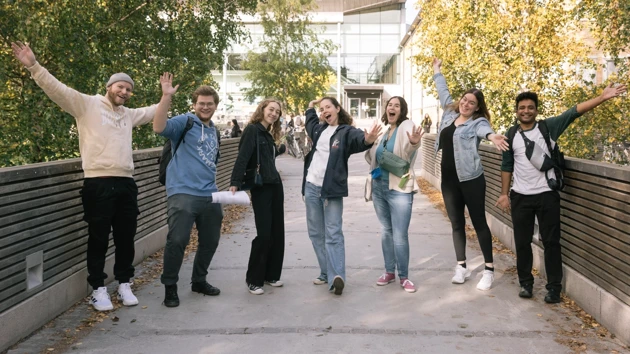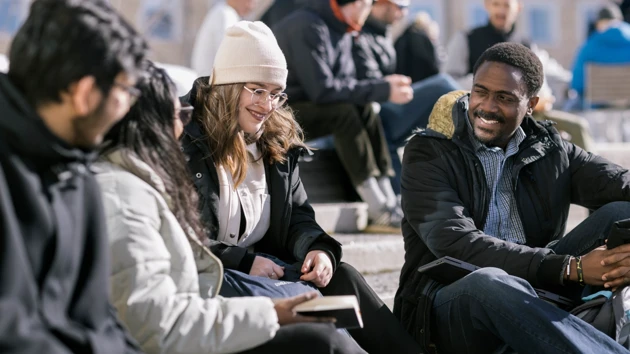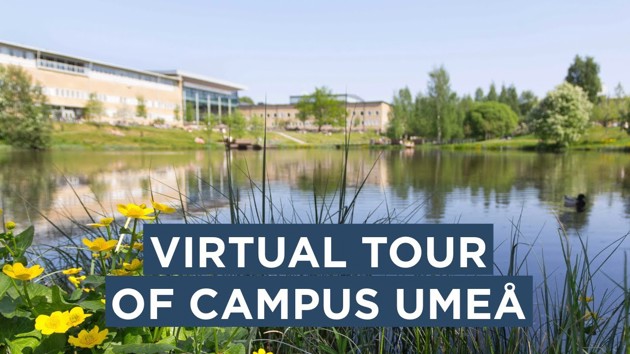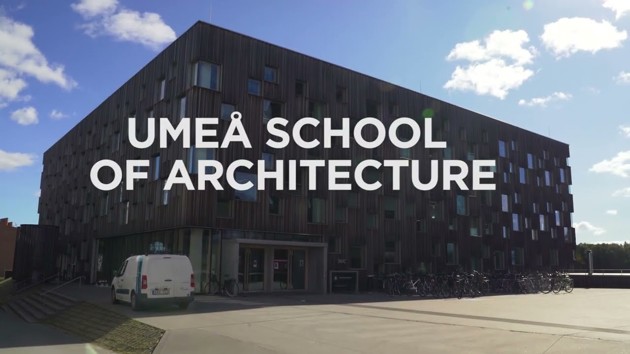Experience Umeå

Where knowledge meets nature
Umeå is the largest city in northern Sweden – a vibrant, fast-growing hub for education, culture, and nature. With a welcoming international atmosphere and Umeå University at its core, it’s a place where students thrive. From snowy forests to summer coastlines, Umeå offers a unique blend of academic excellence and unforgettable experiences.
Umeå: Key facts & figures
Population: 134,249 (as of December 2024)
City founded: 22 June 1622
Average age: 39 years (avg. in Sweden is 41.4 yrs.)
Land area: 2,317 square kilometers
Companies: 14,000
# of Birch trees in the city centre: 2,300
Average temperature from January: -9,1˚C
Average temperature from July: +15,2˚C
Sunrise/Sunset on 21 June: 02:13 / 23:07
Sunrise/Sunset on 21 December: 09:27 / 13:45
Living in Umeå
Northern Sweden's largest city
From snowy winters to sunny summer days. From the coast and sea to the deep forests. From the vibrant city life to quiet auroral nights.
Visit UmeåCity of culture
From museums and opera to sports, festivals, and theatres, Umeå offers a vibrant cultural life that’s easy to dive into – no matter where you’re from.
Culture in UmeåSweden's #1 sports city
Umeå has been crowned Sweden’s Best Sports City three times in the last six years – awarded by the Swedish public service television company.
Sweden’s Best Sports CitySweden's best municipality to live in
Learn why Umeå is the perfect environment for students to thrive both academically and personally.
Why Umeå Is One of Sweden’s Best Places to LiveJoin a modern and creative learning environment where a dedicated and supportive teaching staff are committed to help you achieve your academic and career goals.
Why Umeå University stands out
1. World's most satisfied international students
Ranked number one globally by international students for living, support, and overall satisfaction.
World's most satisfied international students
2. Dedicated and supportive teachers
Join a welcoming learning environment where lecturers are committed to help you achieve your academic goals.
3. Breathtaking nature and safe environment
Experience the Northern lights, arctic landscapes and endless summer nights with peaceful surroundings.
4. Highly international
Students, faculty, and staff from over 60 nationalities create a vibrant global community.
5. Top-ranked student life
Including the super popular Buddy Programme – connecting students for a memorable experience of social activities.
6. Modern campus and facilities
Enjoy our beautiful campus and creative learning environments that encourage critical thinking and engagement.
7. City of sports and culture
World-class museums, numerous festivals and sporting events, along with a vibrant restaurant scene.
Discover our campuses
Experience Campus Umeå in 2 minutes and 30 seconds.
Take a one-minute virtual tour of Umeå Arts Campus.
More pages worth checking out

World's most satisfied international students
#1 globally in the main categories of Living, Support, and Overall Satisfaction.

Student voices
Curious about what international student life in Umeå is really like?

Chat with our students
Are you wondering what it's really like to study at Umeå University?



